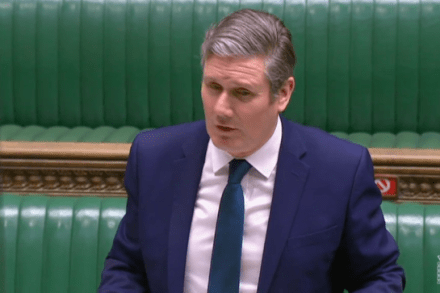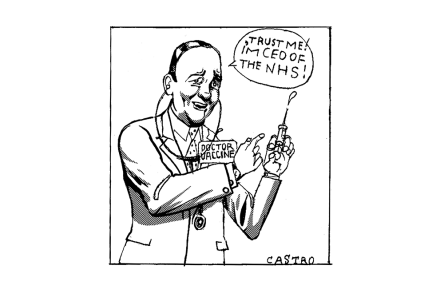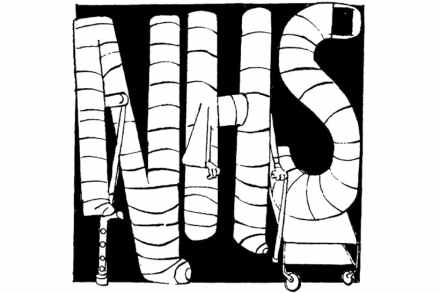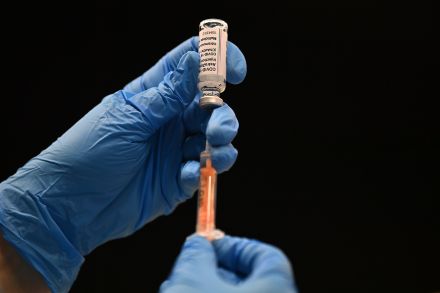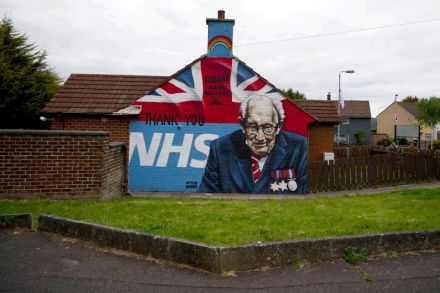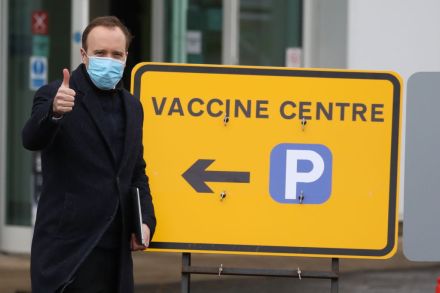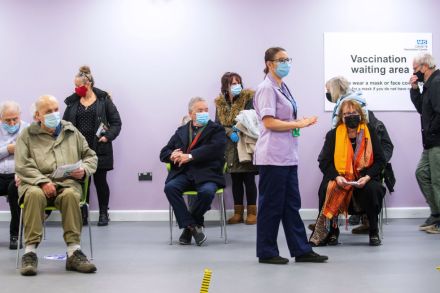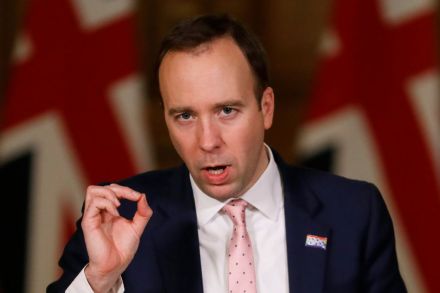My Covid-19 vaccine jab means I love NHS managers
I am 45. That means I’m old enough to have been writing about politics at a time when political attacks on ‘NHS managers’ were a routine part of political debate and media coverage, standing alongside ‘yobs’ and ‘asylum-seekers’ as the nation’s villains. It’s also old enough to get me a Covid-19 vaccine, injected into my arm on Saturday morning at a GP surgery in south London by a student doctor from a nearby teaching hospital. Watching the performance of the vaccine centre, doling out hundreds of vaccines each hour, I was reminded of all those promises from all those politicians about getting rid of fat cat NHS managers. The current




